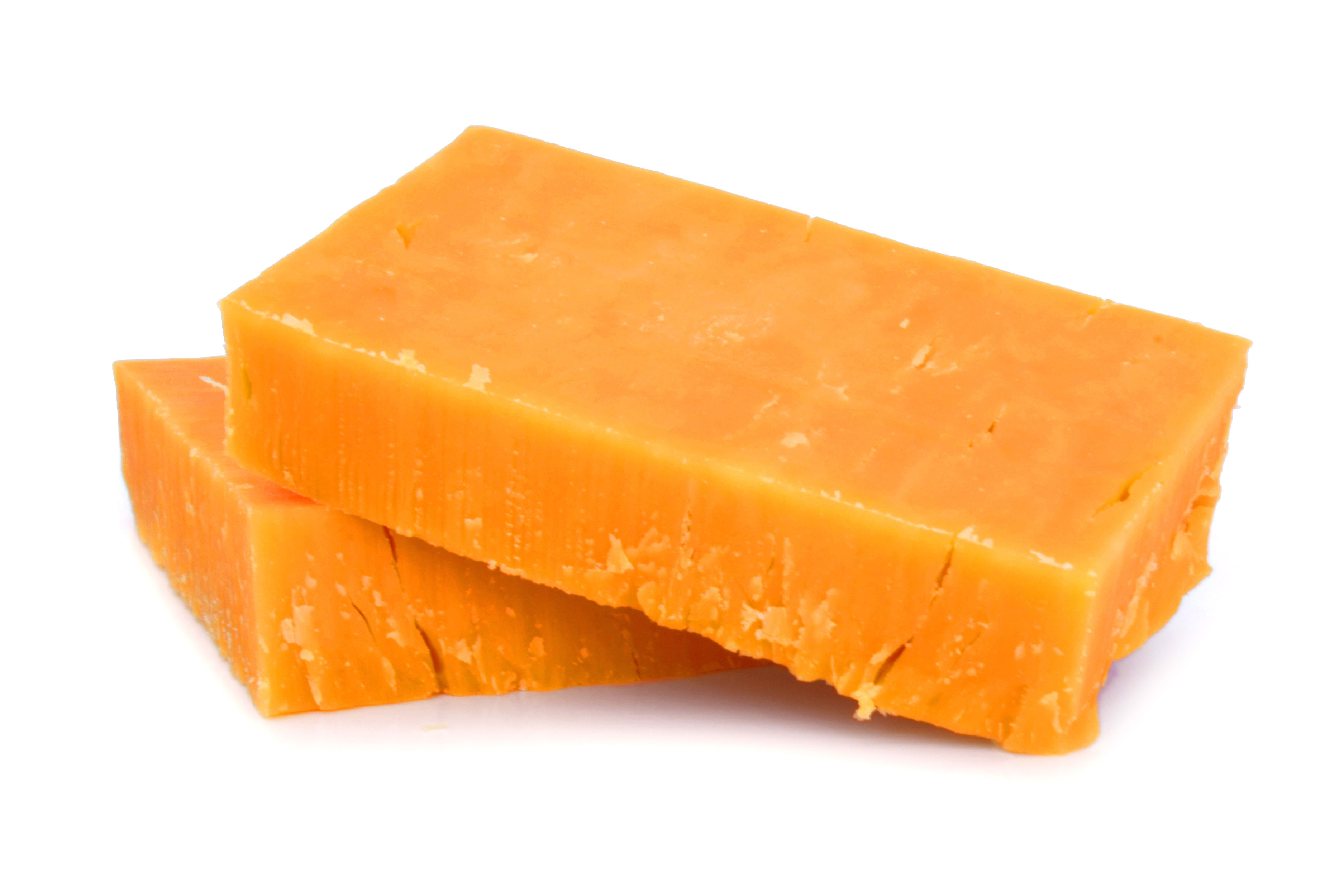“Say Cheese”
Q: Why do only a few brands of “hard” cheese, such as cheddar, mozzarella and parmesan, bear well-known kosher symbols? After all, the ingredients in almost all cheeses seem to be kosher; can you please explain?
A: To the surprise of many people, kosher “rennet-set” cheeses – cheeses such as those you listed above, and all cheeses which use rennet or rennet-type enzymes as an ingredient – are only considered kosher when they are made under special on-site rabbinic supervision. This means that a mashgiach, or kosher supervisor, must be present for every kosher cheese production. This law, or halacha, is codified in Shulchan Aruch: Yoreh Deah 115:2 and is found in the Talmud (Tractate Avodah Zarah, p. 29 and 35).
The reason for this regulation is that some cheeses were (and still are) made from non-kosher meat-based rennet enzymes. (Rennet is found in the abomasal (fourth stomach) lining of animals, and it is produced by cutting and milling the abomasal flesh, with its rennet, and using the resultant product in cheese-making.) Cheeses produced from this meat-based rennet are definitely non-kosher, as even though only a miniscule amount of rennet is used to make such cheeses, since (non-kosher) rennet is the main ingredient, the rennet is not nullified (“batel”), and it renders the whole cheese non-kosher.
The Talmudic Sages decreed that since cheese may be made with non-kosher, meat-based rennet, only cheese which has on-site rabbinic supervision that monitors the ingredients and the cheese-making process for kosher compliance is acceptable. Therefore, even if we know that a certain cheese uses microbial rennet or some other kosher rennet-type enzyme, such cheese is deemed non-kosher and may not be consumed unless it was made under on-site rabbinic supervision.
Every rennet-set cheese that bears an OUD symbol was made under the supervision of a mashgiach who supervised the ingredients and the cheese-making process, and who personally added the rennet to the cheese vat. (Some halachic authorities require that the mashgiach be physically involved in the cheese-making process; this translates into the mashgiach dosing the rennet into the cheese vat, either manually or by electronic activation, as the case may be. Older cheese plants do manual rennet dosing, while newer plants have systems that dose the rennet into the cheese vat via electronic activation. In both cases, the OU requires that the mashgiach dose in the rennet for every vat of cheese that is produced, based upon the specifics of each plant’s rennet system.)
Q: I was told that people should wait six hours after consuming some types of cheese, before partaking of meat. Is this really so? Please explain.
A: There is a custom, which actually is codified in Halacha (Rema, Yoreh Deah 89:2), that one should refrain from consuming meat after eating well-aged or sharp or pungent cheeses; the waiting time for this is the same as the waiting time between meat and dairy.
The reason for this practice is that well-aged cheeses are very hard and often brittle and can adhere to the teeth, and sharp or pungent cheeses can leave a strong aftertaste that takes a long time to dissipate. Just like we wait after eating meat, before consuming dairy, because of these concerns – that the meat we just ate takes a long time to dislodge from the teeth, and it can leave a lingering aftertaste (and we don’t want meat or meat aftertaste to remain in our mouths while then eating dairy foods) – the custom is to wait as well after eating certain cheeses before partaking of meat, as some cheeses share these same “meaty” characteristics.
Q: After which cheeses should one wait?
A: Only cheeses which are intentionally aged approximately six months before going to market (such as sharp cheddar, Romano, Parmesan and Swiss Emmenthaler), as well as cheeses which are quite pungent, such as Limburger cheese, meet these criteria. Most cheeses, such as mozzarella, regular (“mild”) cheddar, Edam and Gouda, as well as US domestic Swiss cheese (which is usually made in Ohio and is aged for approximately three months, unlike its Swiss cousin) do not pose a concern in this regard.
It must also be noted that according to many halachic authorities, including those who guide the OU, if aged cheese is melted into other foods, such that the cheese is no longer a separately noticeable component of the food, one need not wait after consuming the food before then partaking of meat.
Rabbi Avrohom Gordimer is OU Kosher’s Dairy Expert. To submit questions for future columns, please send them to KosherQ@ou.org, or call the Kosher Consumer Hotline, at 212-613-8241. You can also view additional content by visiting oukosher.org
The words of this author reflect his/her own opinions and do not necessarily represent the official position of the Orthodox Union.

